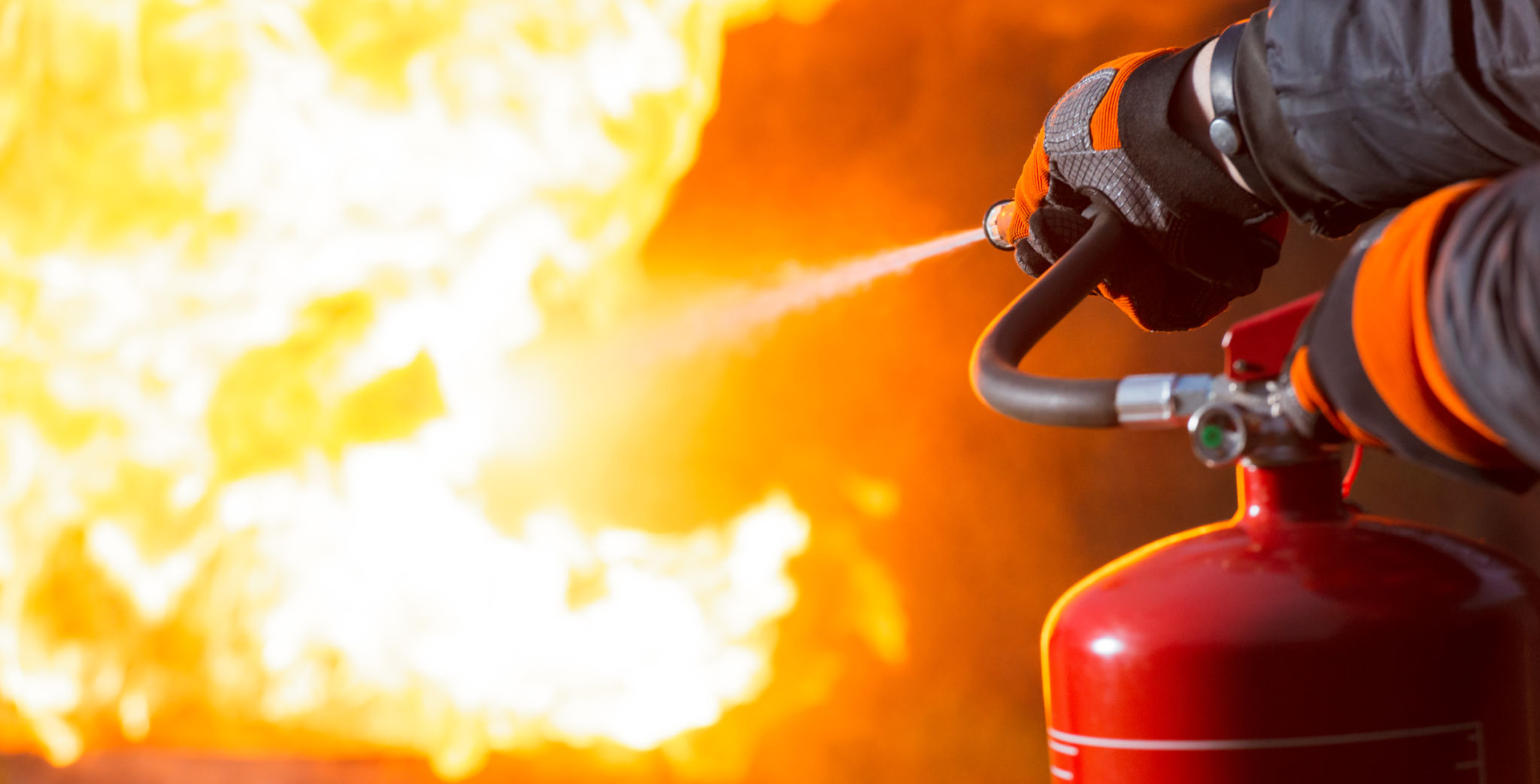How to Prepare Your Home for Fire Season: Essential Tips and Tools
IS
Understanding the Importance of Preparation
Fire season is an inevitable part of life in many regions. As temperatures rise and conditions become drier, the risk of wildfires increases. Preparing your home for fire season is not just about protecting your property; it's about ensuring the safety of your family and community. By taking proactive steps, you can significantly reduce the risk of damage.

Assessing Your Property
The first step in preparing for fire season is to assess your property for vulnerabilities. Consider factors such as proximity to flammable vegetation, the materials used in your home's construction, and the accessibility for emergency services. Conduct a thorough inspection and take note of areas that need attention.
Create a Defensible Space
Creating a defensible space is crucial in reducing the risk of fire spreading to your home. This involves clearing vegetation and combustible materials from around your property. Follow these steps to create an effective defensible space:
- Remove dead plants, leaves, and pine needles from your yard, roof, and gutters.
- Trim trees and shrubs to prevent branches from touching your home.
- Space out trees and bushes to prevent fire from spreading easily.
Fire-Resistant Home Modifications
Investing in fire-resistant modifications can greatly enhance your home's resilience. Consider installing fire-resistant roofing materials, such as metal or tile, and use double-pane windows to prevent heat from penetrating your home. Ensure that vents are covered with mesh to prevent embers from entering.

Prepare an Emergency Kit
An emergency kit is essential for any fire season preparation. Stock it with necessities such as:
- Water and non-perishable food supplies for at least three days.
- A battery-powered or hand-crank radio for receiving emergency updates.
- First-aid supplies and any necessary medications.
- Flashlights with extra batteries.
Develop an Evacuation Plan
Having a well-thought-out evacuation plan is critical. Identify multiple exit routes from your neighborhood and designate a meeting place for family members. Practice the plan regularly to ensure everyone knows what to do in case of an emergency.

Staying Informed
Staying informed about fire conditions in your area is vital. Sign up for local alerts and warnings through government agencies or weather apps. Pay attention to changes in weather conditions and be ready to act quickly if a fire threatens your area.
Utilize Community Resources
Engage with your local community to learn about available resources and support systems. Many areas offer programs to help residents prepare for fire season, including free inspections, educational workshops, and community clean-up events. Working together can greatly enhance collective safety.
By understanding the risks and taking these essential steps, you can prepare your home effectively for fire season. Protecting your property and ensuring the safety of your loved ones should always be a top priority.
